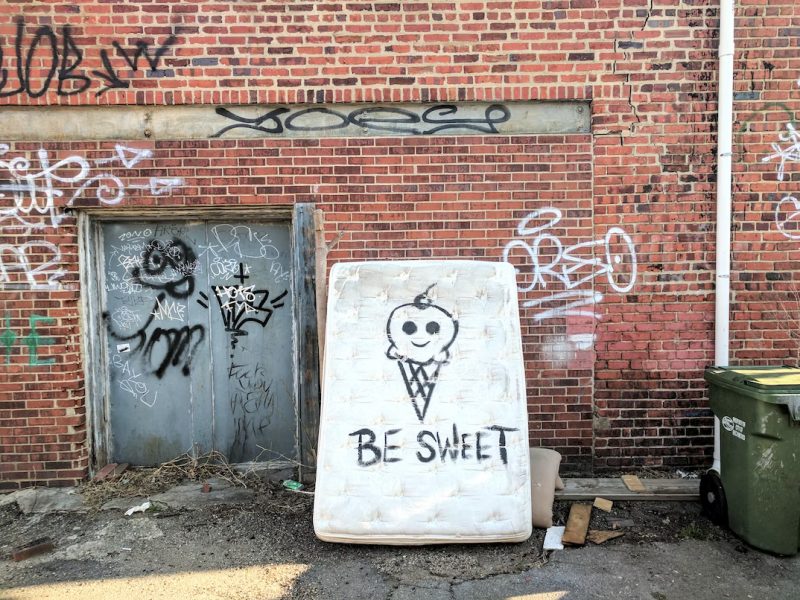
Being nice in science is important
There’s a maxim attributed to Herb Kelleher (CEO, Southwest Airlines) “Hire for Attitude, Train for Skills”. In other words, your attitude and mindset is more important and harder to change, whereas anyone can learn new and knowledge.
This is especially true in science where research groups vary between 2 and 30 people and are inherently multicultural which makes communication more interesting. When teams are so small, it’s more important to be a supportive co-worker/collaborator rather than the expert in the field with no emotional intelligence and a big ego. Science is after all a team effort and it’s the team players who thrive.
This may seem obvious that being a friendly colleague is important. However, academics are judged by the metrics of their publications whilst ignoring the process and the team dynamics of the teams behind it. If your publications are good, there is little oversight into the work environment of your team. Toxic and hyper competitive work environments are surprisingly common in science and usually little is done to rectify it, even if it is a known problem
For a real-world example picture the following scene. A talented bachelor’s student with a keen interest in research starts a lab project and is excited to have their own project. Unfortunately, they enter a dysfunctional group with out-of-control rivalries, big egos and a lack of leadership. One day their work and samples disappeared and only reappeared when the group leader insisted that they were returned. After this negative first experience they decide to peruse a career outside academic research.
This is the experience of one bachelor student I know (not in KI) and is backed up by many researchers experiences globally.
There are easy ways to stop these problems early on. Talking about these issues with colleagues (who are hopefully also friends) and setting clear, shared expectations of each other. Such conversations are not easy but they prevent problems getting out of control in the future.
To end on a more positive note, the problem of toxic workplaces and harassment in science is more known and improvements are starting to be made. The Wellcome trust in the UK, the Max Planck Institute in Germany and the top Swedish universities have all surveyed to get data into the scale of the problem and inform future action. Moreover, the recent drop in postdoc applicants highlights that academia must sort out its own problems quickly and globally. However, it is still down to all of us to report these problems and be persistent when institutions fail to act.
A nice work environment is good for everyone involved and reduces unnecessary stress. If you are going to work with someone for 40 hours a week every week, trying to be friends with them as much as possible is a wise move.
Working effectively with others is often not easy, but for science it is vital for a healthy, supportive research community.
Read more
Nature journal news article on bullying in science. https://www.nature.com/articles/d41586-018-07532-5
Max Planck society bullying survey https://www.nature.com/articles/d41586-019-02052-2
The Wellcome trust director on how hypercompetitive environments inhibit positive behaviours and diverse thinking https://www.nature.com/articles/d41586-019-02951-4
Survey on Gender-based violence and sexual harassment in the Swedish higher education sector https://ki.se/media/247264/download
Science journal news article on the struggle to recruit postdocs and calls for structural changes in academia https://www.science.org/content/article/professors-struggle-recruit-postdocs-calls-structural-change-academia-intensify

0 comments